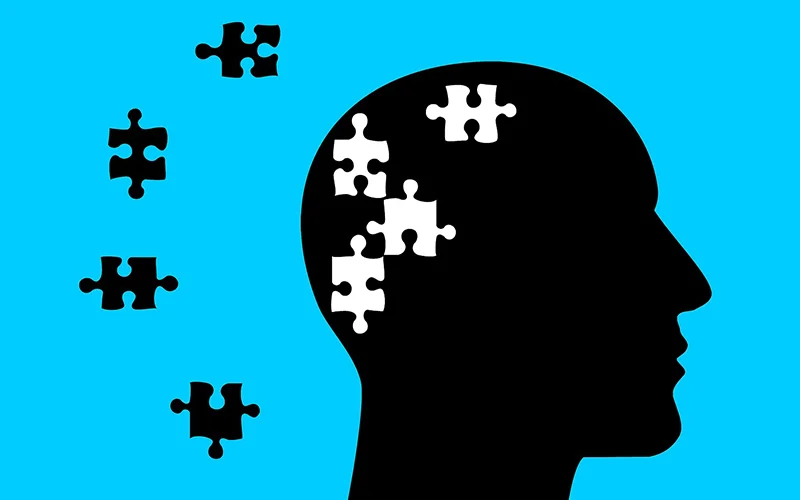Memory loss can be a complex experience for many adults. While occasional forgetfulness may not signal a problem, persistent or worsening memory issues might indicate an underlying condition requiring professional attention. Understanding when to seek specialized care from a neurologist is the first step toward addressing these concerns.
What Is a Neurologist?
A neurologist is a medical specialist trained to diagnose and treat conditions affecting the nervous system. This includes the brain, spinal cord, and peripheral nerves. Since memory loss is closely tied to brain function, neurologists often assess and manage cognitive and neurological disorders. They work with other healthcare professionals to provide a comprehensive approach to diagnosis and care.
Neurologists use various techniques to uncover potential causes of neurological symptoms. This includes medical history reviews, neurological exams, and diagnostic imaging. Their expertise helps identify issues that general practitioners may not specialize in addressing.
What Is Memory Loss?
Memory loss refers to difficulties recalling previously learned information, events, or skills. It ranges from mild forgetfulness, such as misplacing keys, to profound impairments that interfere with daily life. Memory loss manifests in different forms, including short-term memory difficulties (such as forgetting recent conversations) or long-term memory challenges (such as losing recollection of significant life events). It may occur gradually over time or appear suddenly, depending on the underlying cause.
What Causes Memory Loss?
Memory loss can result from various factors. Age-related changes in the brain may be common and harmless. More concerning causes include medical conditions, lifestyle factors, or a combination of both.
- Medical Conditions: Neurological disorders such as Alzheimer’s disease, stroke, or traumatic brain injuries can impact memory. Other health issues, like vitamin deficiencies, thyroid imbalances, or infections, may also contribute.
- Lifestyle Factors: Chronic stress, lack of sleep, and substance use can affect cognitive function. Certain medications can have side effects that mimic memory problems.
Identifying the root cause is key to determining appropriate care and management.
How Can a Neurologist Help?
A neurologist plays a key role in evaluating and addressing memory-related concerns. They begin by conducting a detailed assessment that involves cognitive testing, brain imaging, or blood work, depending on the symptoms and medical history.
- Cognitive Therapy and Rehabilitation: Neurologists may recommend cognitive therapy or rehabilitation programs to improve memory, concentration, and problem-solving skills. These therapies help individuals strengthen their cognitive abilities and develop strategies to manage memory challenges.
- Medications: For some conditions, medications may be prescribed. These can include treatments to manage symptoms of Alzheimer’s disease or medications to address underlying conditions contributing to memory problems.
- Healthy Lifestyle Recommendations: Neurologists suggest lifestyle changes that support brain health. These may include suggestions for improving sleep hygiene, reducing tension, maintaining a healthy diet, and engaging in regular physical and mental activities.
By tailoring their approach to each individual, neurologists contribute to a more targeted and effective treatment plan.
When Should You Seek Specialized Care?
Recognizing when to consult a neurologist can be complex, but certain signs should prompt a visit. If memory loss interferes with daily tasks, such as managing finances or remembering appointments, it may warrant professional evaluation. Memory changes that occur alongside other symptoms, such as confusion, difficulty speaking, or mood changes, should also be addressed.
Learn More Today
Memory loss can impact daily life in various ways, but specialized care from a neurologist provides the insight and care needed to address these challenges. Contact a healthcare professional if you or a family member is experiencing persistent memory concerns. Early evaluation opens the door to a better understanding and targeted solutions tailored to individual needs.

